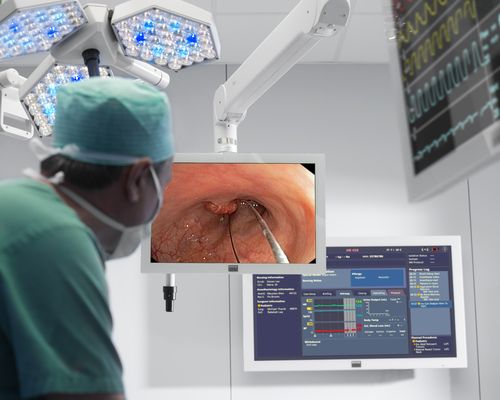Healthcare set to drive technology innovation

Healthcare will be one of the key driving forces for technology over the next 15 years, believe the organisers of the European Union’s Artemis joint technology initiative and Eureka Itea programme.
“The health sector is becoming one of the most important markets,” said Rudolf Haggenmüller, Itea chairman, at the joint Artemis and Itea summit in France in October. “There are new possibilities for personalised health and nutrition.”
And Klaus Grimm, president of Artemis, stressed that “embedded systems will stay key and funding of these will be key to maintain our vision for 2030”. Artemis and Itea have been working together for seven years and they believe that the partnership will continue to be relevant for European technology development. One of the key projects due to finish at the end of next year is Mediate. This three-year project aims to reduce the amount of invasive surgery by bringing together technologies to allow smart devices to carry out this surgery in a less invasive way. “Healthcare is the biggest industry in the EU and this is increasing all the time,” said Mediate project leader Herman Stegehuis, a senior imaging scientist at Philips Medical Systems. He said that one of the goals was to simplify hospital workrooms were often there were lots of screens and interfaces. He said that whereas they’d made different systems work for different types of medical procedures, the goal of the final year of the three-year project was to bring these together to create an integrated system for multiple procedures. “No single partner can do this alone,” he said. “We have to do it together.” >The Chiron project, which aims to simplify the way doctors and physicians receive information, is about to start its first real trial this month at two hospitals, one in Southampton and one in Rome. This will involve 50 patients at each hospital and run for nine months. “We are in a critical situation in healthcare,” said project coordinator Silvio Bonfiglio. “There is a need for a better quality of care. We need to change the way healthcare is delivered.” He said the Chiron project was aiming to put the person – whether doctor or patient – at the centre of the process. But he said such a system also needed to be open. “We need to support standardisation and interoperability to give opportunities for SMEs to enter this field,” he said.
Photo: Rudolf Haggenmüller (left) and Klaus Grimm
Related projects
MEDIATE
Patient Friendly Medical Intervention


